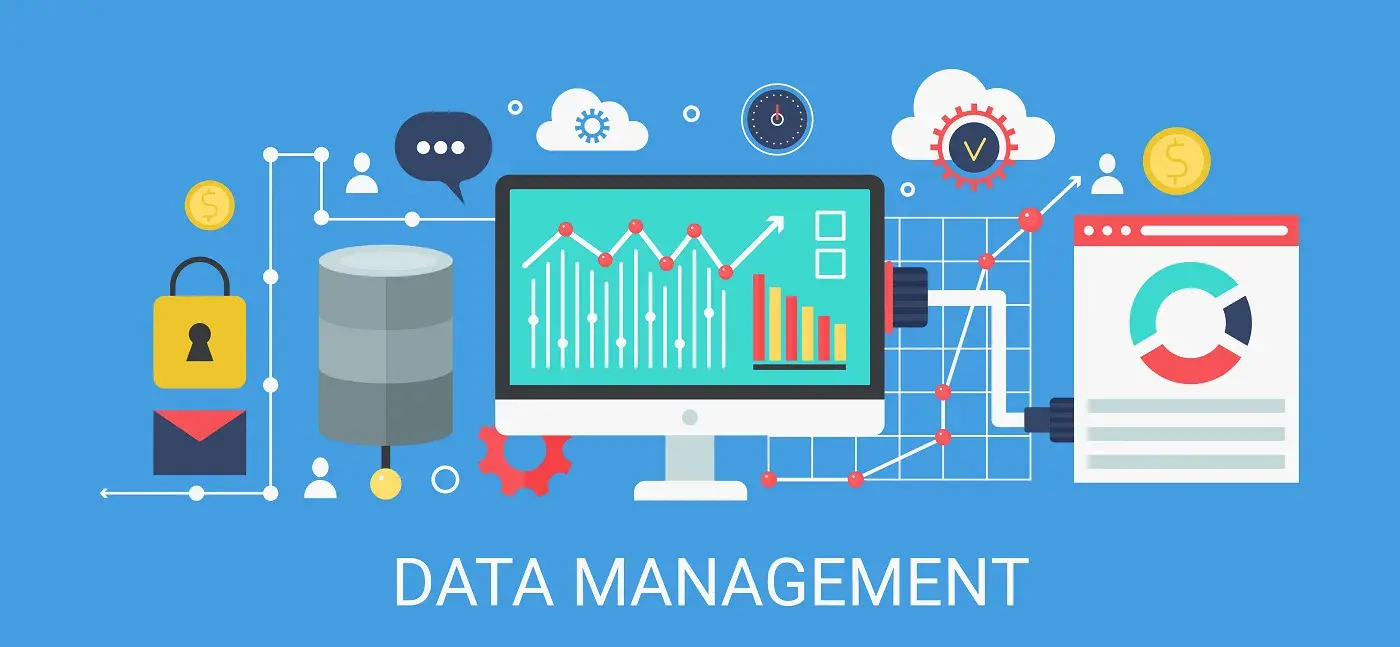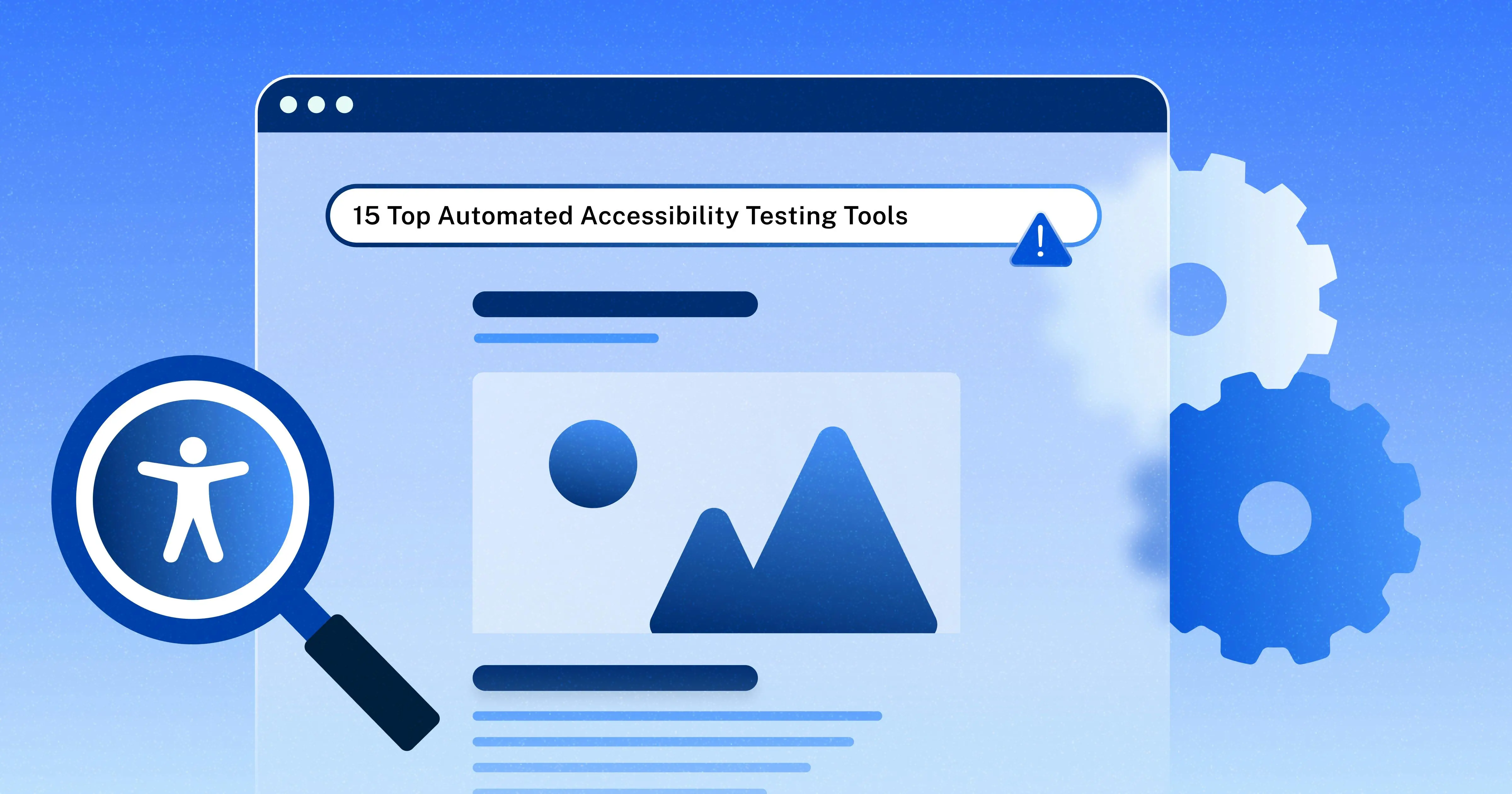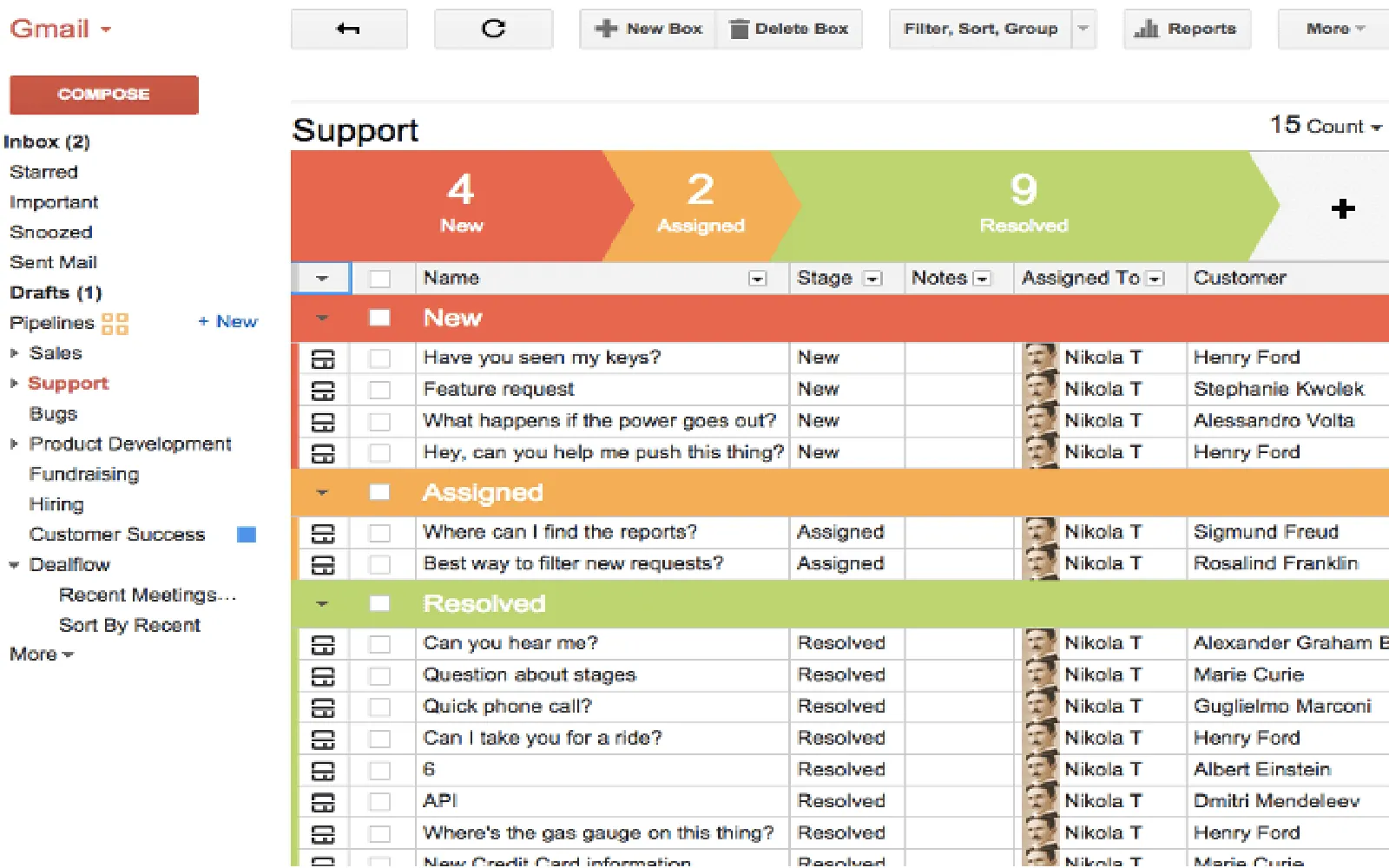Understanding Application Deployment Tools
As we move closer to 2025, the landscape of software development continues to evolve, necessitating the use of advanced application deployment tools that streamline workflows and enhance productivity. Whether you are developing web applications, mobile apps, or enterprise solutions, having the right deployment tools is crucial for ensuring a smooth transition from development to production. This article explores the must-have deployment tools that will shape development workflows in 2025.
Top Deployment Tools for 2025
Here’s a breakdown of some essential application deployment tools that every developer should consider integrating into their workflow:
| Tool Name | Key Features | Best For |
|---|---|---|
| Docker | Containerization, Scalability, Portability | Microservices Architecture |
| Kubernetes | Orchestration, Automated Scaling, Load Balancing | Container Management |
| Jenkins | Continuous Integration, Automation, Plugins | CI/CD Pipelines |
| Terraform | Infrastructure as Code, Multi-Cloud Support | Infrastructure Management |
| Ansible | Configuration Management, Automation, Agentless | Server Setup and Deployment |
1. Docker: The Container Revolution
Docker has revolutionized the way applications are deployed by enabling containerization. This tool allows developers to package applications and their dependencies into a single container that can run consistently across different computing environments. In 2025, Docker will remain pivotal for teams employing microservices architecture, as it facilitates scalability and simplifies deployment processes.
2. Kubernetes: Orchestrating Success
As the need for managing containerized applications grows, Kubernetes has emerged as the leading orchestration tool. It provides automated deployment, scaling, and management of containerized applications. In 2025, Kubernetes will be indispensable for teams looking to optimize resource usage and enhance application reliability, making it a cornerstone of modern application deployment tools.
3. Jenkins: Automation at Its Best
Jenkins has long been a favorite among developers for its robust continuous integration and continuous deployment (CI/CD) capabilities. With a rich ecosystem of plugins, Jenkins allows teams to automate building, testing, and deploying applications seamlessly. As organizations adopt DevOps practices more widely, Jenkins will be a must-have tool for ensuring efficient workflows in 2025.
4. Terraform: Infrastructure as Code
Terraform stands out as a powerful tool for managing infrastructure as code. It allows developers to define and provision data center infrastructure using a simple configuration language. As cloud computing continues to dominate the landscape, Terraform will become increasingly essential for teams managing complex infrastructures across multiple cloud providers. In 2025, its ability to streamline deployment processes will make it a staple among application deployment tools.
5. Ansible: Simplifying Configuration Management
Ansible is a versatile tool that excels in configuration management and application deployment. Its agentless architecture simplifies the setup process and reduces overhead, making it an ideal choice for teams looking to automate server configurations and deployments. In 2025, Ansible will be a go-to solution for organizations aiming to enhance operational efficiency and reduce deployment times.
Integration and Collaboration: The Future of Deployment Tools
In 2025, the integration of application deployment tools will be vital for enhancing collaboration among development, operations, and quality assurance teams. Tools like GitHub Actions and GitLab CI/CD will facilitate seamless integration with version control systems, enabling teams to automate workflows from code commit to deployment. This level of integration will not only save time but also reduce the likelihood of errors during deployment.
Conclusion: Preparing for 2025
As we approach 2025, the importance of leveraging the right application deployment tools cannot be overstated. Tools like Docker, Kubernetes, Jenkins, Terraform, and Ansible will play a crucial role in enhancing development workflows, driving efficiency, and enabling organizations to deliver high-quality applications rapidly. By staying updated with these must-have tools, development teams will be well-equipped to face the challenges of the future and deliver exceptional software solutions.
Investing time in understanding and mastering these tools will ensure that your team remains competitive and agile in the ever-evolving software development landscape. Embrace the future of deployment tools, and watch your development workflow transform for the better!









